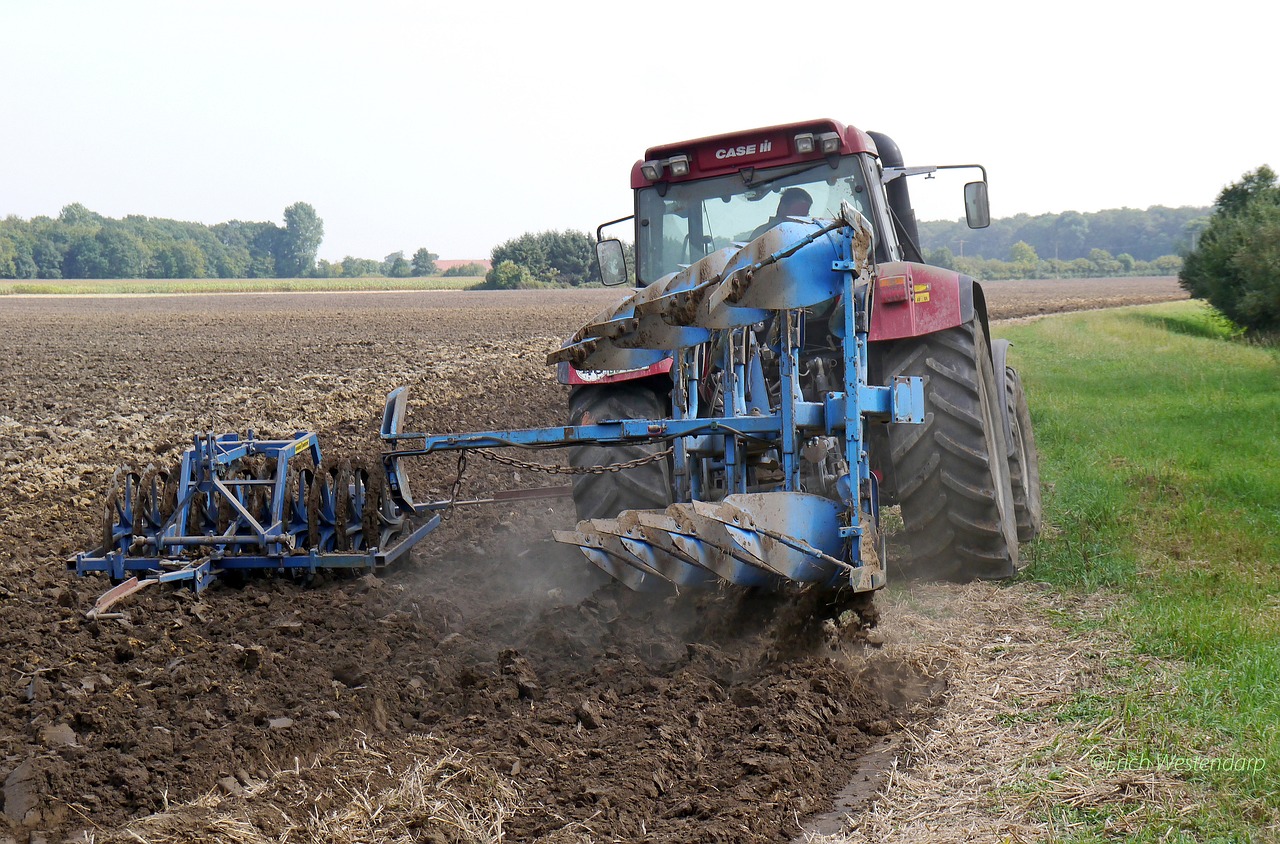Tilling Best Left to Mother Nature
Published: May 8, 2017
Whether talking to farmers in France, Ghana or southern Ohio, Rafiq Islam’s message is consistent: Tilling the land does more long-term damage than good.
As an Ohio State University soil scientist, Islam is among the disciples in the movement to convince farmers that plowing their fields before they plant or after they harvest harms the health of the soil and its ability to spur growth and resist erosion.
Soil plowed repeatedly can lose key ingredients that enrich it, including carbon, which can evaporate as carbon dioxide gas into the air.
Left undisturbed, soil can maintain that carbon, and the dry decaying stalks in an untilled field add to the organic materials in the dirt.
After crops such as soybeans or corn are picked, a farmer can plant a cover crop in a field instead of plowing it. The cover crop keeps the soil porous and contributes carbon to it, Islam said.
Land left bare is more susceptible to erosion and cannot absorb water from rain or snow as efficiently as when cover crops are planted on it.
Earlier this spring, Islam was part of a team of soil specialists who traveled to France to present four workshops on climate change, soil health, cover crops and no-till farming, sponsored by two farm organizations in France.
More workshops are planned for the summer in Ukraine and China, in the fall in Uzbekistan, and in the winter in Ghana.
In most parts of the world, the majority of farmers regularly plow. So it’s not easy to convince longtime conventional farmers or even younger farmers not to plow their land, said Islam, who is the soil, water and bioenergy program leader at Ohio State’s South Centers in Piketon.
“You try to open their eyes by showing them the actual field results and demonstrating the user-friendly field tests and tools,” Islam said. “It’s tough. Farmers are businessmen. Some don’t want to take risks.”
To many, tilling makes sense. Running a disk or plow through the land breaks up the soil and helps mix in fertilizer to ready the field for new seeds.
But, Islam and other proponents of no-till and cover crop farming said, plowing the land can kill some of the crucial beneficial microorganisms in the soil.
Even on fields crowded with the dry remains of last season’s crop, new seeds can be sown using drill attachments to planters. And the root system of cover crops helps break up the soil to make room for the roots of newly planted seeds.

